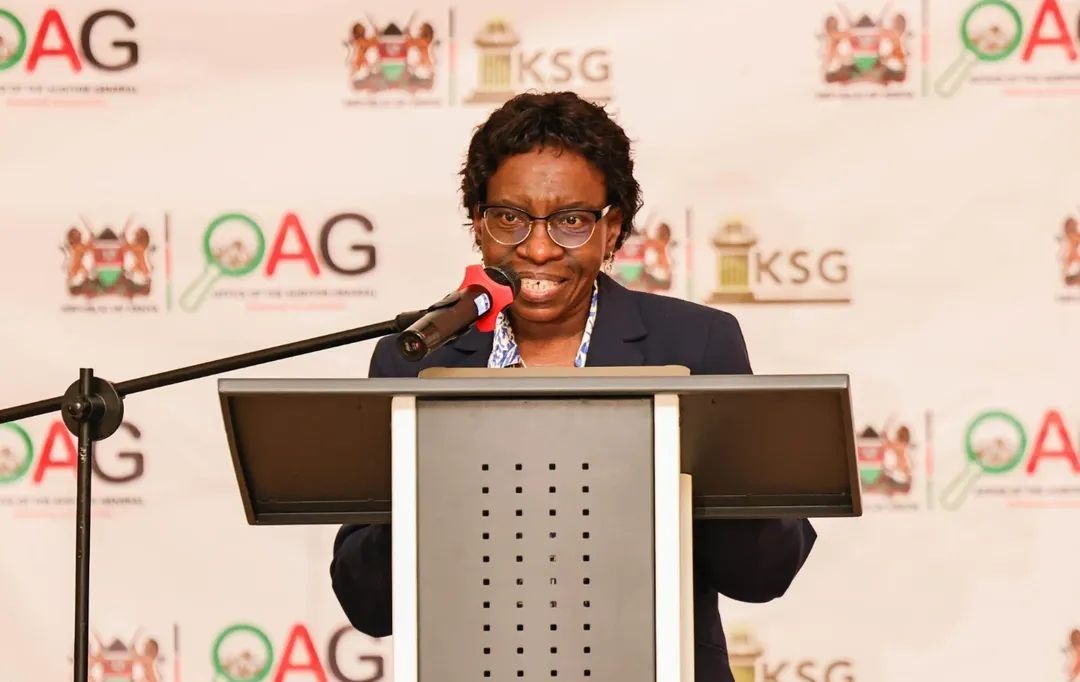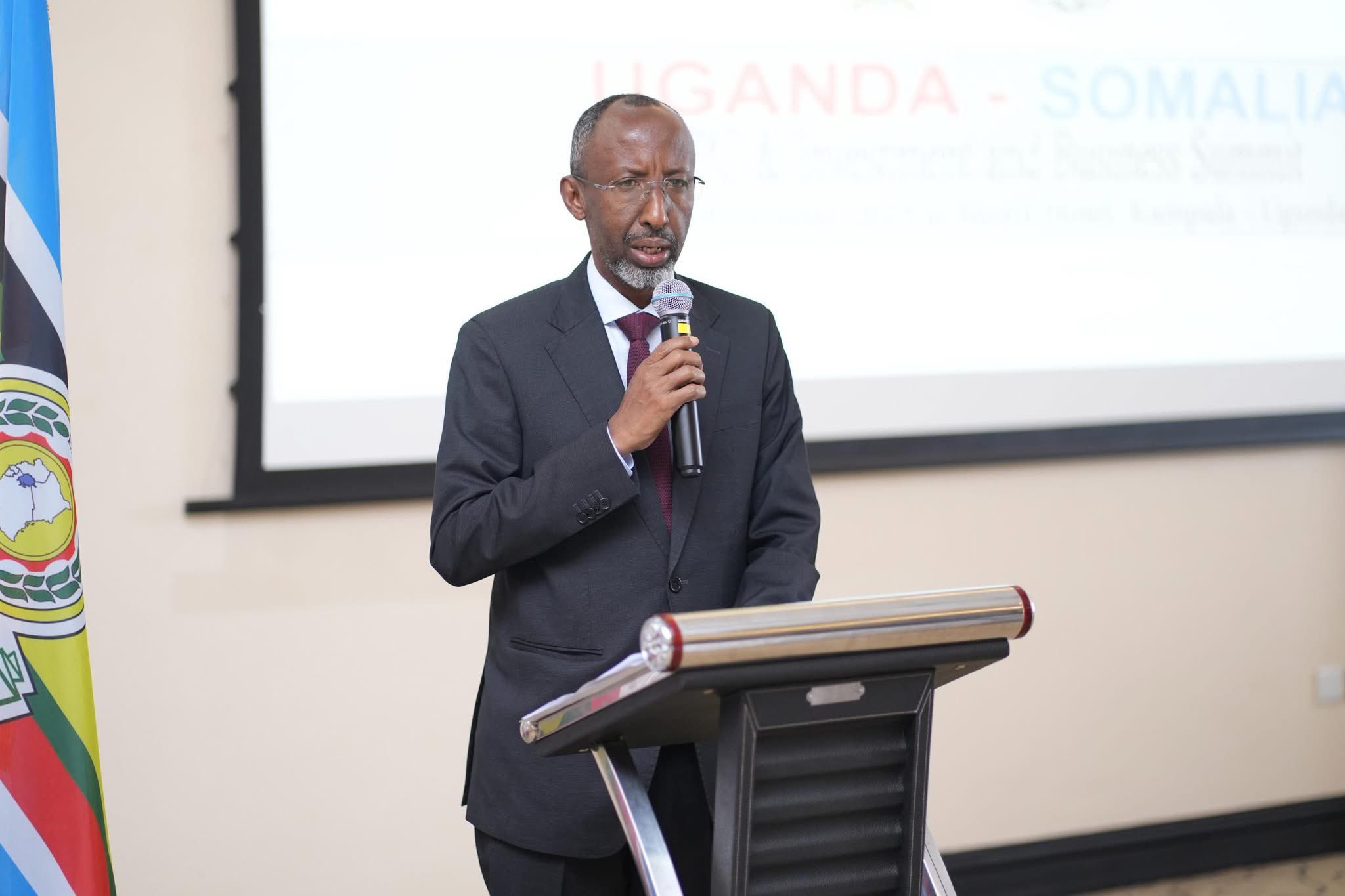Counties decry handling of hospitals under SHA, accuse Health Ministry of overreach

Governors warn that upgrading hospitals from Level 5 to Level 6, while beneficial for service delivery, comes with financial and operational consequences for counties.
County leaders have expressed growing alarm over the handling of healthcare services under the Social Health Authority (SHA), claiming that the Ministry of Health is overstepping its mandate and making decisions without consulting counties.
The Council of Governors (CoG) states that delayed reimbursement of claims has left public hospitals with a debt of Sh32 billion, straining resources and disrupting patient care.
More To Read
- Health Ministry clarifies Kenya–US health partnership respects sovereignty, data protection
- Senate committee approves Bill protecting governors from early impeachment
- Third Kilifi health forum opens with urgent calls for financing, digital solutions
- KNCHR says Kenyans still locked out of healthcare despite Sh138 billion SHA boost
- England confirms new mpox strain: What you need to know
- Kenya urges stronger regional cooperation as transport corridors fuel disease risks across East Africa
Speaking at a symposium in Naivasha on the Affordable Housing Programme and the SHA, CoG Chair Ahmed Abdullahi outlined the frustration among county governments.
“Indiscriminate and unilateral closure of hospitals and downgrading of the same… since SHA, the Ministry of Health has become too powerful. It’s like they are running our hospitals from Afya House. Downgrading, regrading… how do you downgrade my hospital without consulting me?” Ahmed, who is also the Governor of Wajir, posed.
Governors warn that upgrading hospitals from Level 5 to Level 6, while beneficial for service delivery, comes with financial and operational consequences for counties.
Ahmed explained that, “Counties are literally being asked to hand over their hospitals. It would be nice if we value these hospitals and they give us the money so that we can construct more hospitals, because according to Article 209, own-source revenue comes from user levies and the services you provide. So if your premier facility is taken from you, it has consequences on own-source revenue.”
A major challenge cited by the governors is the management of claims under SHA, which they say is hindering healthcare delivery.
“It is very demotivating for our staff when they have actually provided service and the claims they have logged in are being rejected under very flimsy reasons,” Abdullahi said.
Mombasa Governor Abdulswamad Sheriff Nassir pointed out the lack of a proper mechanism to appeal rejected claims.
“If something is rejected right now, there is no follow-up mechanism. That means there is no appeal. So we depend on one person or a group of people to make a decision,” he said.
Titus Munene, CEO of MEDS, noted that counties deliver medical supplies even to the remotest health facilities, underscoring the effort and resources invested by local governments.
Responding to the allegations, Health Cabinet Secretary Aden Duale, speaking at a separate event in Nairobi, said the ministry is reviewing and updating SHA packages.
“We have listened to cancer survivors, cancer patients, parents, and leaders. So there is something we are doing in line with the benefit and advisory panel, and we want to get feedback from you all on how we can make sure we have a more sustainable healthcare delivery for our citizens,” Duale stated.
The dispute highlights ongoing tensions between the national and county governments over devolved healthcare responsibilities, as counties struggle with mounting debts and operational challenges under the SHA framework.
Top Stories Today
Reader Comments
Trending











































